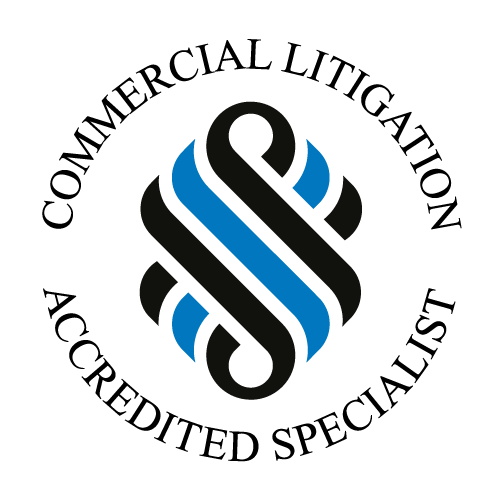Traditionally, it has always been common practice to register a charge against cars, boats, machinery and plant and equipment to secure loans made to businesses and companies. Shrewd purchasers would always conduct their own pre-purchase investigations to ensure that what they were buying was not subject to a financial interest from a third party, such as a bank.
Additionally, businesses who supply goods on credit have traditionally done so under carefully drafted contracts which would state that the title to the goods remains vested in the seller until certain obligations (usually payment of the purchase price) are fulfilled by the buyer. These contracts were known as retention of title arrangements (“ROT”) and their main purpose was to ensure that where goods are supplied on credit, if the buyer subsequently goes through an insolvency event (liquidation, administration, bankruptcy etc) the seller, still having title, can repossess the goods, without them forming part of the assets in liquidation.
However, since the Personal Properties and Securities Act 2009 (Cth) (“PPSA”) came into effect on 30 January 2012, it has become the single national source of regulation of interests in personal property.
The PPSA establishes a priority registration regime relating to registering “security interests” in personal property and introduces new concepts of attachment and perfection of security interests which replace the traditional notions of charges, title and ownership. Under the PPSA, title is no longer king and the perfection of a security interest is more important than actual ownership.
Nowdays, if your personal property (such as goods or assets) is to be leased, loaned, mortgaged, delivered on credit under ROT arrangements or otherwise provided to another person and that person will have possession and control of that personal property for the duration of the arrangement until an obligation is satisfied (ie until the ROT goods are paid for in full), you need to consider registering a security interest before those arrangements commence, or risk losing your personal property.
This is because under the PPSA, all personal property that is being used by an entity at the time that an insolvency event occurs will vest in a liquidator, administrator or trustee in bankruptcy. It makes no difference whether the entity owns the personal property and an owner’s failure to put the proper mechanisms in place to comply with the PPSA and protect their personal property while in someone else’s hands, can potentially result in lost or unrecoverable personal property being included as assets to be distributed in insolvency.
At Marino Law, we regularly provide advice and recommendations to our clients to ensure that their businesses are PPSA effective.
Whether you are a party that owns and as part of the ordinary course of your business, transacts with personal property on a day to day basis or you are a company which is acquiring personal property from another party and requires advice regarding the terms of that acquisition, we provide personal and tailored advice to our clients as to the practical implications of the PPSA and how it applies to their individual businesses – on each of the opposite ends of the PPSA spectrum.
We also regularly assist our clients in respect of enforcement under the PPSA. Whether you are a secured party who is seeking to enforce their rights against a defaulting grantor or a grantor who is seeking to defend such claims, our experienced litigation and dispute resolution lawyers can assist you.







